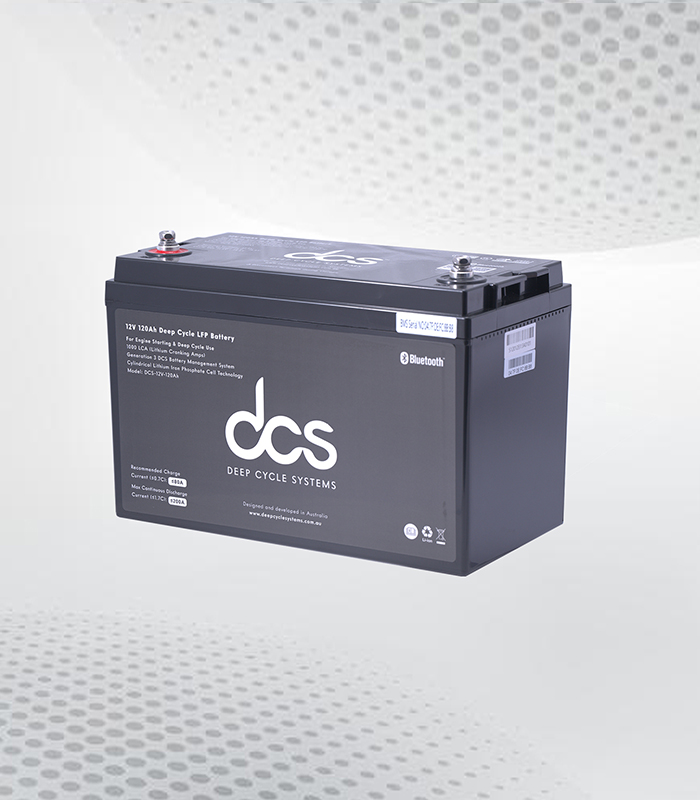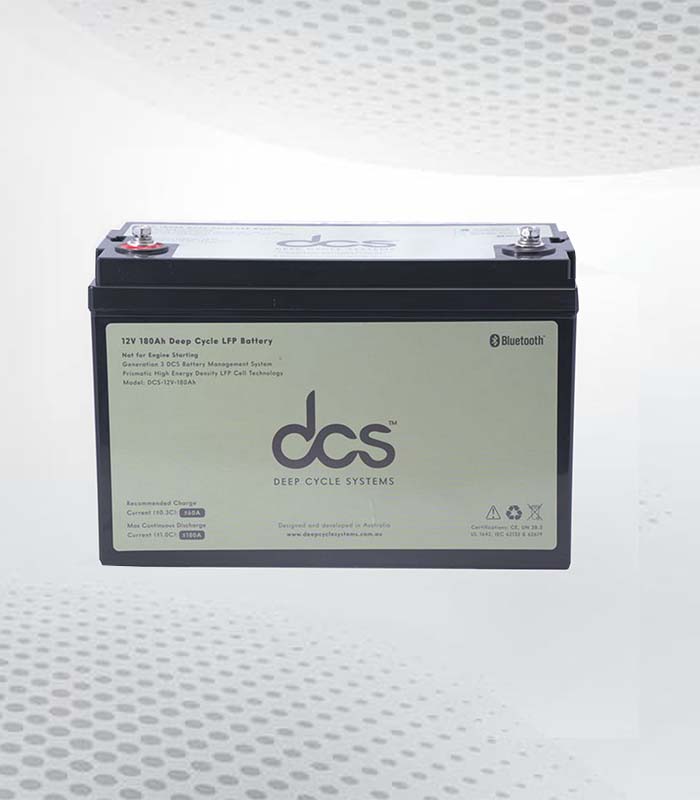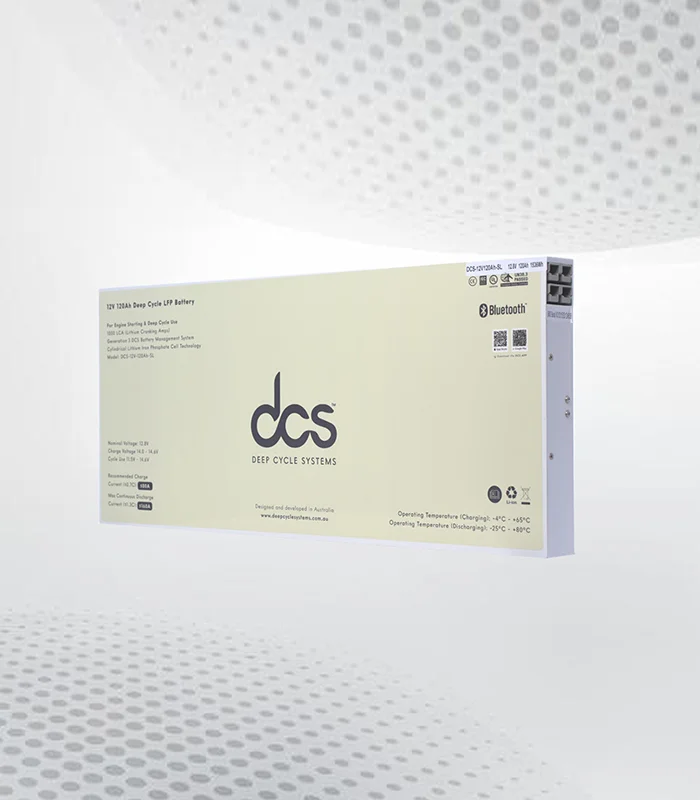The shift toward sustainable energy solutions has never been more vital. Among the innovations paving the way for greener living is using 48V lithium-ion batteries, particularly in off-grid solar power systems. These advanced batteries are not just a passing trend; they represent a leap forward in energy storage technology. As homeowners and businesses seek to reduce their carbon footprints while maintaining efficiency, understanding how these powerful units function can unlock new possibilities for independent energy generation and consumption.
Imagine harnessing solar power without worrying about running out of juice on cloudy days or during unexpected outages. With a reliable 48v Lithium Ion Battery, that vision becomes a reality. This blog explores what sets these batteries apart from traditional options and highlights their numerous advantages in off-grid applications. Whether it’s maximizing solar energy storage or enhancing safety features, there’s much to uncover about why this battery choice is gaining traction among eco-conscious consumers.
Understanding Off-Grid Solar Power Systems
Off-grid solar power systems operate independently from the traditional power grid. They harness sunlight to generate electricity, providing a sustainable energy source for remote locations.
- These systems typically consist of solar panels, charge controllers, batteries, and an inverter. Each component is crucial in converting sunlight into usable energy for homes or businesses.
- Solar panels capture sunlight and convert it into direct current (DC) electricity. Charge controllers regulate this DC power to prevent overcharging batteries.
- Batteries store excess energy for use during cloudy days or nighttime. The inverter converts stored DC electricity into alternating current (AC), which powers standard household devices.
- Off-grid setups offer flexibility and reliability but require careful planning to ensure all components work harmoniously together. Users must assess their energy needs and select appropriate equipment accordingly.
Why Choose Lithium Ion Batteries over Lead Acid
Lithium-ion batteries have gained significant attention when choosing batteries for various applications due to their superior performance to traditional lead-acid batteries. Here’s why Lithium Ion batteries stand out:
1. Higher Energy Density
Lithium Ion batteries offer a higher energy density, meaning they can store more energy in a smaller, lighter package. This makes them ideal for applications where space and weight are crucial, such as electric vehicles and portable electronics.
2. Longer Lifespan
One of the most notable advantages of Lithium-Ion batteries is their extended lifespan. They typically last 2 to 3 times longer than Lead-Acid batteries, which reduces the frequency of replacements and lowers long-term costs.
4. Greater Efficiency
Lithium Ion batteries have a higher charge and discharge efficiency. They lose less energy during the charging process and can deliver power more effectively, which improves overall energy utilization.
5. Reduced Maintenance
Unlike Lead-Acid batteries, which require regular maintenance and topping electrolyte levels, Lithium-Ion batteries are maintenance-free. This makes them a more convenient choice for both residential and commercial applications.
Overall, the advantages of Lithium Ion batteries—such as their higher energy density, longer lifespan, and faster charging capabilities—make them a superior choice over Lead Acid batteries for many modern applications.
Critical Advantages of 48V Lithium Ion Batteries
48V lithium-ion batteries are gaining popularity for various applications due to their advanced technology and efficiency. Here are some key advantages:
Enhanced Power Density
48V lithium-ion batteries offer a higher power density compared to their 12V counterparts. This means they can deliver more power while maintaining a compact size. Their efficient energy storage makes them ideal for applications requiring substantial power without taking up too much space.
Improved Efficiency
These batteries have a higher charge and discharge efficiency. They lose less energy as heat, which leads to longer battery life and reduced operational costs. This efficiency is crucial for renewable energy systems and electric vehicles, where energy conservation is critical.
Longer Lifespan
48V lithium-ion batteries have a longer lifespan compared to traditional lead-acid batteries. They can handle more charge cycles, translating to fewer replacements and lower overall maintenance costs. This durability is beneficial for both commercial and residential applications.
Fast Charging Capabilities
One of the standout features of 48V lithium-ion batteries is their rapid charging capability. They can be recharged quickly without significantly impacting their lifespan, which is particularly advantageous for applications that require frequent use or rapid turnaround times.
Reduced Weight
These batteries are generally lighter than lead-acid batteries, which reduces the system’s overall weight. This is especially important for mobile and transport applications, where weight reduction can enhance performance and fuel efficiency.
In summary, 48V lithium-ion batteries offer a range of benefits, including enhanced power density, improved efficiency, and longer lifespan, fast charging capabilities, and reduced weight. These advantages make them a superior choice for various energy storage and power applications.
Longer Lifespan: How 48 Volt Li Ion Battery Outlast Traditional Options
48V lithium-ion batteries stand out for their impressive longevity compared to traditional options like lead-acid batteries. Their lifespan can reach ten years or more, significantly exceeding the typical 3-5 years of lead-acid counterparts. This extended duration results from advanced technology and superior materials used in manufacturing. Lithium-ion batteries have a higher cycle life, allowing them to endure numerous charge and discharge cycles without significant degradation.
Moreover, they maintain performance over time. Users experience consistent power output throughout their lifespan. This reliability makes them ideal for off-grid solar systems where energy storage is crucial. Investing in a 48 Volt Li Ion Battery translates into fewer replacements and reduced waste over time. Lower maintenance needs further enhance their appeal, making these batteries an efficient choice for sustainable energy solutions.
Increased Efficiency: Maximizing Solar Energy Storage
Increased efficiency is a hallmark of 48V lithium-ion batteries, particularly in solar energy storage. These advanced batteries can rapidly charge and discharge, allowing for optimal use of harvested solar power. Unlike traditional lead-acid options, 48V lithium-ion batteries maintain their performance even as they age. This means users can rely on consistent energy availability throughout the day and night.
With built-in battery management systems, these units optimize charging cycles. They ensure that every watt generated from solar panels is effectively stored and utilized. The result is a system that captures more energy and releases it when needed most. The synergy between efficient battery technology and renewable energy makes off-grid living far more feasible.
Enhanced Safety Features of 48V Lithium Ion Batteries
Safety is a crucial factor in battery technology, and 48V lithium-ion batteries excel in this area. These batteries are designed with advanced safety protocols that help prevent overheating and reduce fire risk. They often incorporate features like built-in Battery Management Systems (BMS). This system constantly monitors temperature, voltage, and current levels. It ensures optimal performance while providing necessary protections against overcharging or deep discharging.
Another impressive aspect is their resistance to thermal runaway. Unlike traditional lead-acid batteries, which can suffer catastrophic failures under stress, 48V lithium-ion batteries safely dissipate heat through effective thermal management. The robust casing materials also contribute to their safety profile. They resist punctures and impacts better than many alternatives, thus reducing the likelihood of leaks or environmental contamination from hazardous materials commonly found in older battery types.
Space and Weight Considerations for Lithium Ion Golf Cart Batteries in Off-Grid Installations
Space and weight are crucial when evaluating battery options for off-grid solar power systems. Lithium-ion batteries offer a significant advantage here, especially in applications like golf carts. These batteries are notably lighter than traditional lead-acid options. This reduced weight enhances maneuverability and lessens the structural load on carts or installations where they are used.
Compact designs make it easier for Lithium Ion Golf Cart Batteries to fit into various configurations. This flexible sizing allows for optimized use of available space, making them ideal for tight areas often found in off-grid setups. Moreover, their efficient energy storage per unit volume means users can maximize performance without compromising on space constraints. The lightweight construction and high energy density make these batteries appealing to those seeking practical solutions in limited spaces.
Integration with Existing Solar Systems: What to Expect
Integrating a 48V lithium-ion battery into an existing solar power system can be seamless and rewarding. These batteries are designed to work efficiently with various inverter setups, allowing for smooth compatibility. Users can expect enhanced energy storage capabilities that complement the current setup. The existing solar panels will charge the lithium-ion battery more effectively, providing reliable backup power.
Installation often requires minimal adjustments. Many systems allow plug-and-play options, making managing the integration process more accessible for those familiar with basic electrical tasks. Monitoring becomes more intuitive as well. Advanced battery management systems provide real-time performance and energy usage data directly from smartphones or tablets, ensuring optimal operation without constant physical checks. The flexibility of these batteries enables users to expand their off-grid solutions quickly in the future. This adaptability is particularly beneficial for growing energy needs or additional renewable sources.
Maintenance and Monitoring Best Practices
Regular maintenance of 48V lithium-ion batteries is essential for optimal performance. Routine checks can prevent minor issues from escalating into major problems. Monitoring battery health involves inspecting connections and ensuring terminals are clean. Utilizing a Battery Management System (BMS) enhances safety and efficiency. This technology tracks voltage, temperature, and state of charge in real time. It also helps to balance cells, prolonging lifespan.
Temperature control is vital as well; extreme conditions can affect battery performance. Keeping the system cool ensures longevity and reduces the risk of overheating. Scheduled inspections should examine signs of wear or damage to cables and casings. Staying proactive with these practices safeguards the investment and maximizes energy storage capabilities; documentation also plays an important role. Logging data on usage patterns aids in understanding charging cycles, which further assists in maintaining battery health effectively.
Conclusion
The shift towards 48v Lithium Ion Battery marks a significant advancement in off-grid solar power systems. Their innovative technology offers numerous benefits that cater to the growing demand for reliable and efficient energy solutions. Understanding these advantages becomes crucial as more individuals and businesses seek sustainable living options. The long lifespan and enhanced efficiency of these batteries make them an attractive choice compared to traditional alternatives. Investing in 48V lithium-ion batteries can yield substantial cost savings, thanks to reduced maintenance needs and improved performance.
FAQS
What is a 48v Lithium Ion Battery?
A 48v Lithium Ion Battery is a rechargeable energy storage solution designed to provide an efficient power supply in various applications, including off-grid solar systems. It consists of multiple cells connected in series to achieve the desired voltage.
How long do 48V lithium-ion batteries last?
These batteries typically have a lifespan of 10 to 15 years or more, depending on usage and charging practices. Their longevity considerably surpasses that of traditional lead-acid options.
Are there safety concerns with using these batteries?
While all batteries pose certain risks, modern 48V lithium-ion batteries are equipped with advanced safety features such as thermal management systems and built-in protection against overcharging and short-circuiting.
Can existing solar systems integrate easily with new lithium-ion technology?
Many current solar installations can be upgraded to incorporate 48V lithium-ion batteries without significant modifications. Compatibility depends on the inverter system used but often requires minimal adjustments.
What maintenance do these batteries require?
Maintenance for 48V lithium-ion batteries is straightforward compared to lead-acid alternatives. Regular monitoring through an app or dedicated software helps ensure optimal performance without frequent manual checks.
| Related Business Listings |
| Contact Directory |
| Local Business Profiles |




